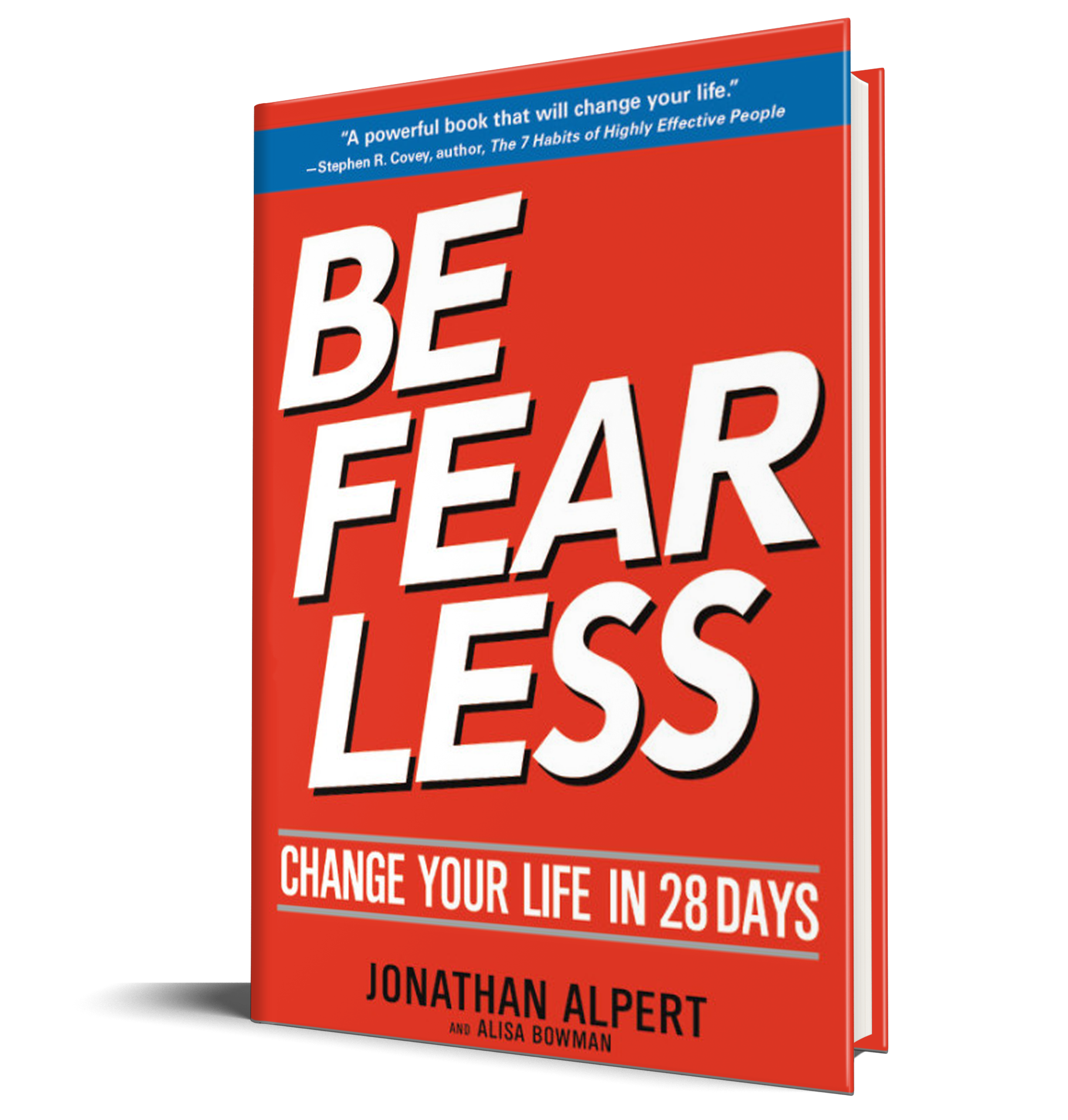This year, as you find yourself getting back into the swing of normal life following the COVID pandemic, you might be feeling a bit anxious as you think about returning to Thanksgiving gatherings. Family conflicts may resurface and reignite, and tensions might intensify. Obligatory family gatherings are ripe with potential drama, and if not handled correctly, things can go south, quickly. There are things that almost guarantee your mental health will suffer and things that will ensure you maintain a healthy mindset.
Here are seven things you definitely should NOT do this Thanksgiving:
- Don’t buy into the belief you have a “perfect family” or that the holiday will be “perfect.” Doing so only sets you up for disappointment as most families are not perfect and most holiday gatherings usually run into some sort of hiccup. By adjusting your expectations you’ll less likely be disappointed and stressed should something not go according to plan and you’ll also take the pressure off yourself.
- Don’t have conversations that historically have proven to be sensitive. Doing so is asking for trouble. Avoid the hot button topics such as the recent Midterm elections or the 2024 Presidential Race. Avoid sensitive family issues such as a recent divorce, or other emotionally-laden topics. There are plenty of other subjects that are much safer. Go equipped with safe topics and positive speaking points.
- Don’t feel like you have to win the argument. You might do so, but at what cost? Keep in mind the possible ramifications of pushing your points. Ask yourself, is it worth it to win the battle but lose the war? Simply acknowledge the differences and move on.
- Don’t feel intimidated by know-it-all relatives. Every family has one…or more. Dealing with them is simple. Ignore them. Doing so eliminates the audience they usually crave. If they don’t get the reinforcement, then they’ll eventually get tired of hearing themselves talk and will stop.
- Don’t feel obligated to participate in a conversation with pushy and intrusive relatives who think they know best. At the core, relatives usually want what is best for you. They want to see you get married, have kids, and have a good career – but they probably don’t know exactly what you deal with on a daily basis so it’s easy for them to dish out advice or tell you what to do. To avoid getting upset by this, simply acknowledge their concern, thank them, and move on.
- Don’t drink and eat a lot. Drinking in excess will lower your inhibitions which could potentially fuel arguments, diminish your mood, and make you feel lousy. Only drink what you know you can handle, not what you think you can handle.
- Don’t deviate from your normal exercise routine. For many people exercise is the best form of dealing with stress and maintaining good mental health. Make sure you include it during your holiday. That may mean excusing yourself to go for a run or to complete an exercise routine. Do it even if people look at you funny. Better that than to feel miserable.
Finally, remember the spirit of what brings you together this Thanksgiving while attending or hosting gatherings. It’s about love, friendships, and gratitude. When seeing friends and family, try to focus on the positive things that bond you, not the differences. Share happy memories, while building new ones. Have fun and be sure to keep things in perspective: The holidays are supposed to be a positive time. So relax, laugh, and enjoy the food.
For more tips on living a healthy and stress-free life, check out my book Be Fearless: Change Your Life in 28 Days.



